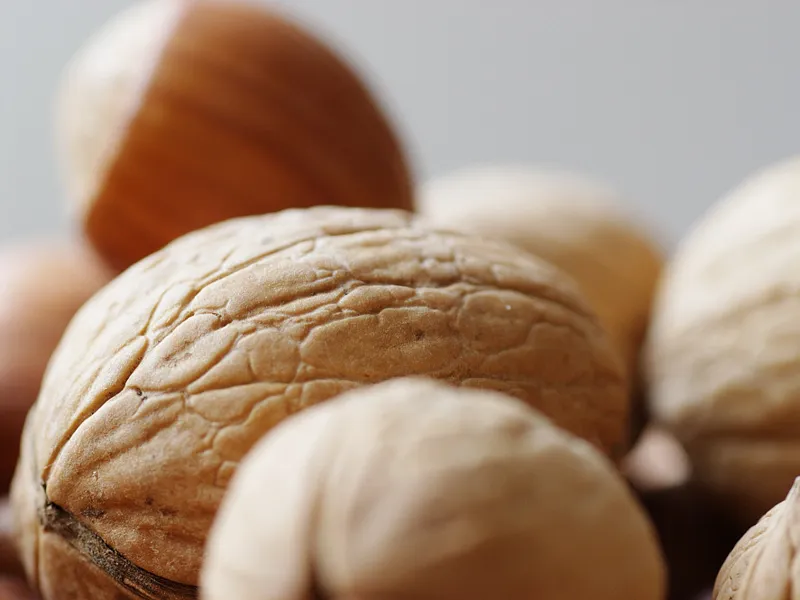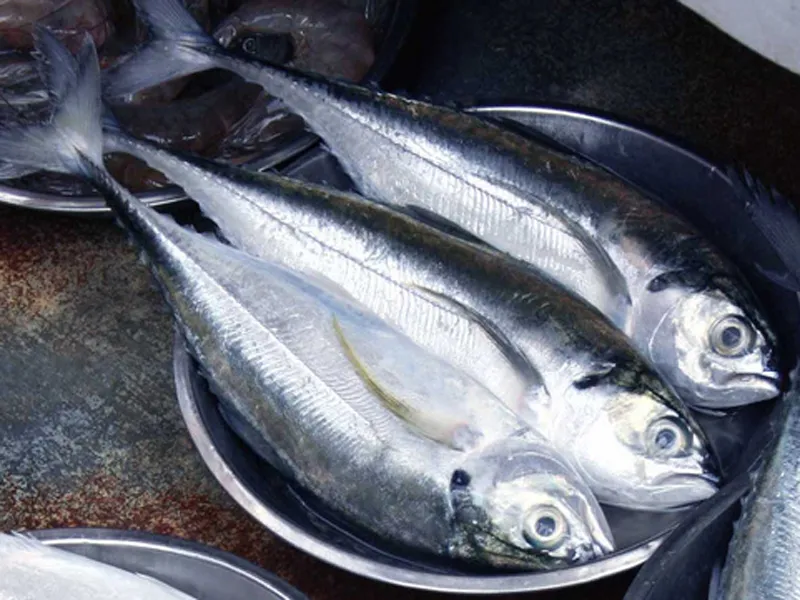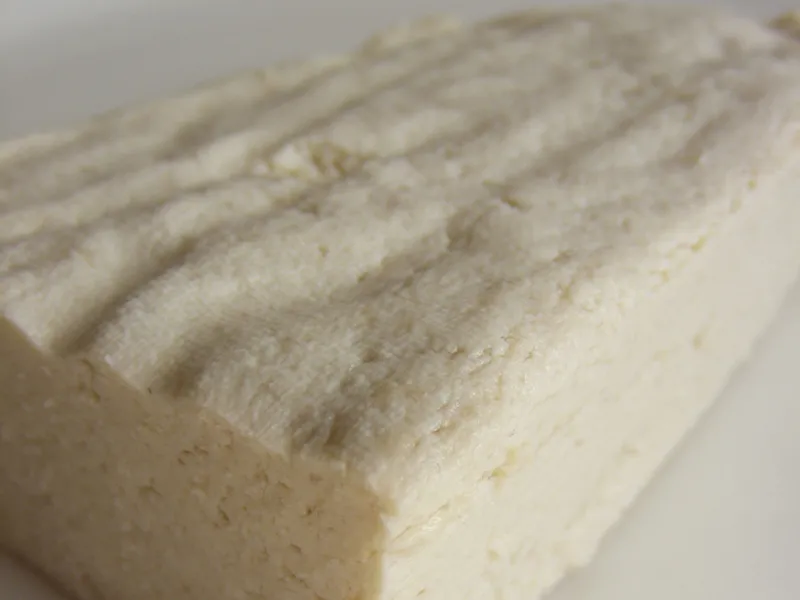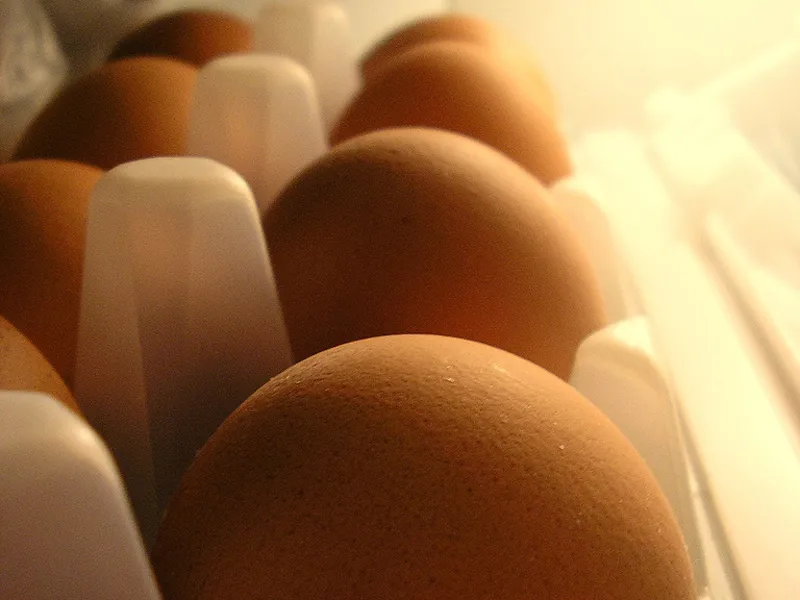Protein will help you recover after training, but what are the best sources?
Proteins are are often called the building blocks of the body. They consist of combinations of amino acids, and play an important part in growing, repairing and maintaining muscles, bone, tendons, skin, hair and other tissues.
Protein also helps form hormones, neurotransmitters and enzymes, and plays a major role in metabolism, water balance and the production of haemoglobin. There are over 10,000 proteins in the body.
Proteins are linear chains of amino acids. Of the 22 standard amino acids, eight are called ‘essential’ amino acids because the human body cannot synthesise them in the amounts needed, so they must be obtained from food. Different foods supply protein in varying amounts.
Complete proteins – those containing essential amino acids in the correct proportions for use by the body – come mostly from animal products such as meat, fish and eggs. Incomplete protein (lacking one or more essential amino acids) comes from veg, fruit, legumes and nuts.

When to eat protein
Exercise increases the rate of protein breakdown, so it’s important to eat protein within two hours of cycling or other exercise. Combining your protein intake with carbohydrates in the two hours after exercising means the protein can be used for building and repairing muscle tissue, rather than being broken down for fuel.
Amounts vary according to diet, level of training and body size, but a good rule of thumb is one part protein to three parts carbohydrate. Whether to eat protein before or during aerobic exercise is contentious, as the body blocks protein synthesis at these times (less so during anaerobic training, such as weightlifting). Favour carbs over protein before and during training, but you don’t need to cut it out entirely.

Protein sources
The most complete protein sources are meat, fish and dairy. Of these, lean white chicken and lean pork, beef and white fish have the highest amounts, with eggs also a good source. Next come the legumes, especially lentils, kidney beans, tofu and soya milk, and dairy products (but keep an eye on your saturated fat intake).
Protein sources for vegetarians
Vegetarian athletes may have trouble getting adequate protein, especially if they aren’t aware of how to combine foods. Combine your sources for optimum protein intake: eat dairy products with protein-rich plant sources, like tofu, soya or lentils.
Another good source is peanut butter – you get the same amount of protein from two tablespoons as from 240ml of milk, plus it contains monounsaturated (rather than saturated) fat. Check the label to ensure no trans fat has been added though, as it is in many major brands.

